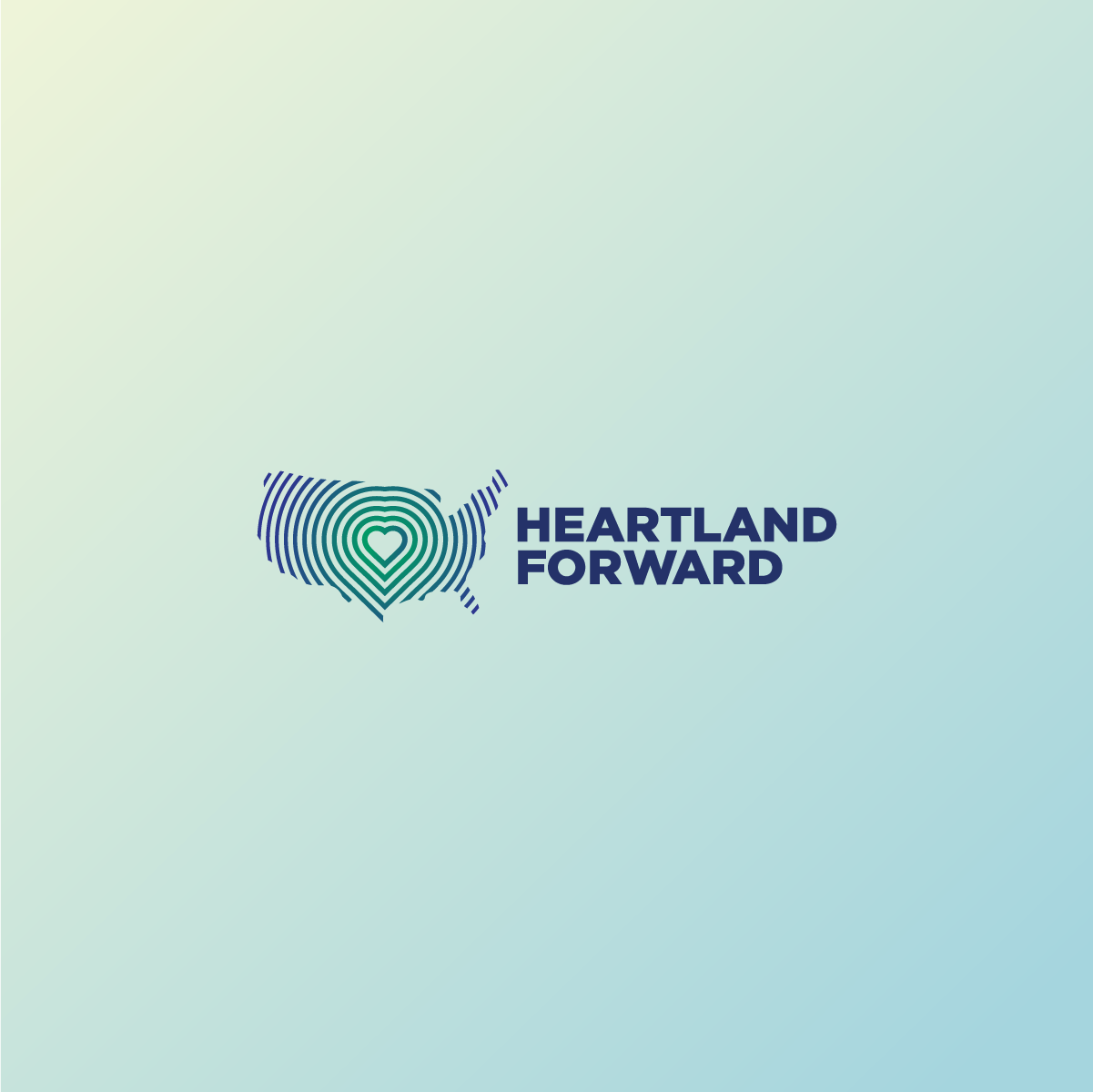
Each new medical resident contributes $482,000 annually to the state’s economy–far exceeding training costs
BENTONVILLE, Ark. – Today, Heartland Forward, a policy think-and-do tank dedicated to serving states and local communities in the middle of the country for economic advancement, released a new report finding that expanding Arkansas’s medical residency programs could generate $465 million in economic activity while addressing the state’s growing physician shortage. By adding 275 new medical residents over six years, Arkansas can strengthen its health care system, boost economic growth and improve access to life-saving care.
With 35% of the state’s doctors over the age of 60, limited medical residency programs could lead to greater access gaps and hinder economic growth driven by the health care sector.
“Adding new medical residencies in Arkansas will help propel the lasting change that access to high quality health care provides,” said Alice Walton, Founder of the Alice L. Walton School of Medicine and Heartland Whole Health Institute. “Expanding residency programs will permit more Arkansas M.D. graduates to remain in the state so that people may live healthier and happier lives and strengthen our communities.”
The report, “The Economic Contributions of Medical Residencies to Arkansas,” found medical residencies expansion in the state could generate $465 million in economic growth based on economic modeling and data from the Center for Medicare and Medicaid Services (CMS) and Accreditation Council for Graduate Medical Education (ACGME).
“Arkansas is at a critical juncture—without more medical residencies, we risk facing a significant physician shortage,” said Ross DeVol, chairman and CEO of Heartland Forward. “Expanding these programs will not only attract top medical talent, but also create a lasting economic engine for the state.”
Key findings include:
- Per Resident Contribution: Each new resident contributes $482,000 per year in economic impact, far exceeding the $115,000 annual cost of training.
- Return on Investment: Expanding residency programs offers a return on investment of more than 4X the initial cost while improving health care access across the state.
- Workforce Productivity: Adding more medical residents could increase labor productivity by $54 per worker annually, benefiting the overall economy.
- Long-lasting Benefits: States with stronger graduate medical education (GME) programs tend to have better health care outcomes, higher physician retention and increased innovation in the medical field.
Heartland Forward is committed to expanding health care access and strengthening the health care workforce across the heartland. The organization supports policy initiatives and workforce development programs that ensure residents have access to high-quality medical care close to home. In Arkansas and Oklahoma, Heartland Forward is broadening health care access through its telehealth initiative, which trains librarians to help community members prepare for telehealth visits, ensuring individuals in broadband deserts can access critical health services. The think-and-do-tank also recently released a report with the University of Arkansas (UofA) College of Engineering showing how strengthening STEM education could add $3.9 billion to Arkansas’s economy and create 19,000 new jobs by 2038.
For more information on Heartland Forward’s work to build thriving, resilient communities across the American heartland and to read the full report, please visit:
https://heartlandforward.org/case-study/economic-contributions-of-medical-residencies-to-arkansas
###
About Heartland Forward
Heartland Forward is a policy think-and-do tank dedicated to being a resource for states and local communities in the middle of the country. We do this by studying broad economic trends and building data-driven and community-tested partnerships, programs and policies to address the needs of the heartland – all while helping to change the narrative about the middle of the country and kick-starting economic growth.
